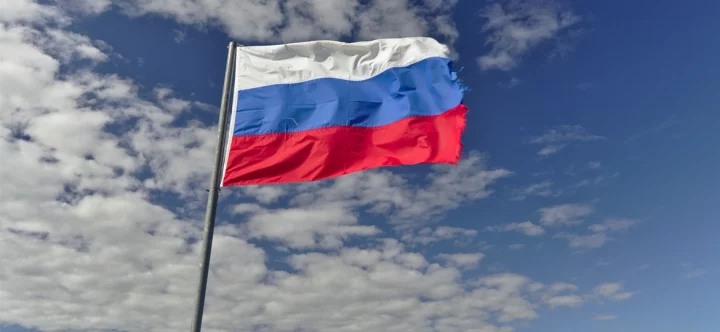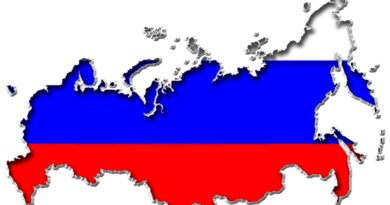What Russian disinformation wants Africa to think about the war in Ukraine and more

Introduction
The European Digital Media Observatory (EDMO) has its main focus on the European Union, but the Union does not exist in a vacuum. Many social and economic dynamics happening in the neighbouring regions, such as the Balkans or MENA, directly affect the EU. What happens in the field of disinformation is not an exception. A contemporary phenomenon of historical proportion, such as the migration of hundreds of thousands of people from the Global South, links Europe to the seemingly distant geographical area of Sub-Saharan Africa.
In order to have a better knowledge of the disinformation spread in this region, in September 2023 EDMO started cooperating with and dedicated resources to Africa Check, a fact-checking organisation with newsrooms in four African countries (South Africa, Nigeria, Kenya and Senegal) and a number of freelancers in different countries across the continent, to gather and analyse the disinformation about the war in Ukraine, and Russia in general, circulating in different African countries. In the investigation made possible by this effort, different relevant disinformation narratives – defined as clear messages emerging from a consistent content campaign (news, videos, images etc.), that are demonstrably false using the fact-checking methodology – have been highlighted.
The first one (“Russia has Africa’s support and vice versa”) is composed of false news that circulated mostly in Africa, even if some of them – sometimes because the languages used, like English and French, allow content to cross continental borders, sometimes even in other languages – reached also Europe. This narrative seems to be the one more specifically link ed to Moscow’s diplomatic efforts on the continent, and consistent with the Kremlin’s strategy of exploiting the West’s colonial past to present itself as the natural ally of African countries that suffered from European domination.
The other narratives identified in Africa are shared with Europe. The narrative identified by Africa Check as “Russia is a global power to contend with” largely overlaps with the narrative “Pro-Russia war propaganda”, e.g. exaggerating Russian military achievements, that was highlighted recently in the EDMO monthly fact-checking briefs. Similarly, the blatant denialism of the narrative “There is no war in Ukraine” has been a common phenomenon in Africa and in Europe (see the narrative “Questioning the war, from its reality to its motives” highlighted in the EDMO insights). Finally, the narrative described by Africa Check as “Ukraine as the bad (and good) guys” seems to overlap with two narratives identified by EDMO in Europe: “Pro-Ukraine war propaganda” and “Ukrainians and Ukrainian forces are largely pro-Nazi” (this one a sub-narrative of the broader one justifying Russian war of aggression). It is interesting to note the different prominence accorded to the link between Ukraine and “Nazism” in the disinformation spread in Europe (where it is extremely widespread) and Africa (much less so).
Disinformation narratives about the war in Ukraine: An analysis of claims circulating in Africa
An investigation by Africa Check
Almost as soon as Russia launched its full-scale invasion of Ukraine on 24 February 2022, false claims about the war began circulating online in Africa.
While the continent and its people may seem far removed from events in Europe, Africa is an important stage on which global powers seek to erode the influence of their rivals and enhance their own stature. Attempts to advance strategic narratives and build influence via the media, traditional or social, therefore also include Africa.
The period immediately following the invasion was marked by a spike in disinformation on social media. In the months since then, the spread of false claims has slowed, perhaps overtaken by more recent events or simply driven to dark social media platforms where claims are often not subject to content moderation. Another challenge is that many claims shared in Africa about the war are not outright false, but may be presented in a misleading way and are hyper-partisan or polarising.
Nonetheless, an analysis of fact-checking reports published by Africa Check between February 2022 and October 2023 points to several common disinformation narratives that may be shaping online discourse about the war on the continent.
#1 Russia has Africa’s support and vice versa
Most of the fact-checked claims could be linked to one key disinformation narrative – that Russia enjoys the broad support of the African continent and vice versa. This narrative was largely perpetuated through social media posts and articles which highlighted the close relationship between Russia and African leaders or people. While it is true that Russia does have a close relationship with some African states, many claims exaggerated these ties or were outright incorrect.
For example, shortly after Russia’s invasion, a grainy photo resurfaced claiming to show Russian president Vladimir Putin training African freedom fighters – including Mozambique’s Samora Machel and Zimbabwe’s Emmerson Mnangagwa – in 1973.


